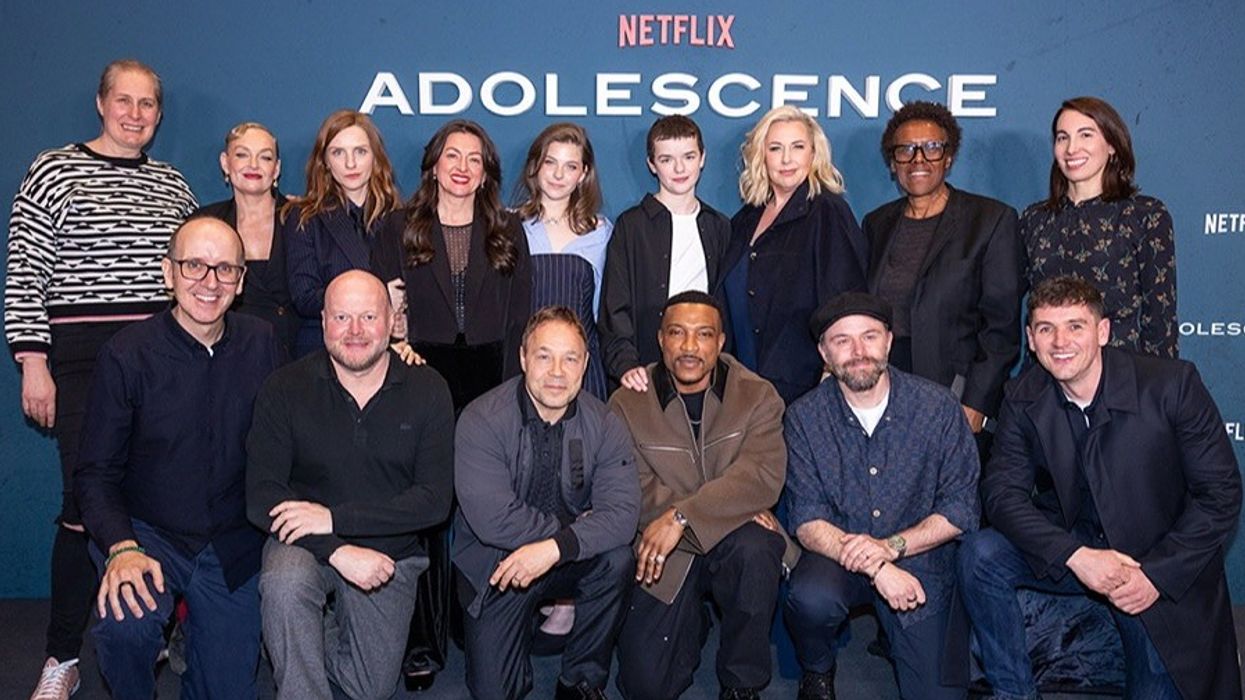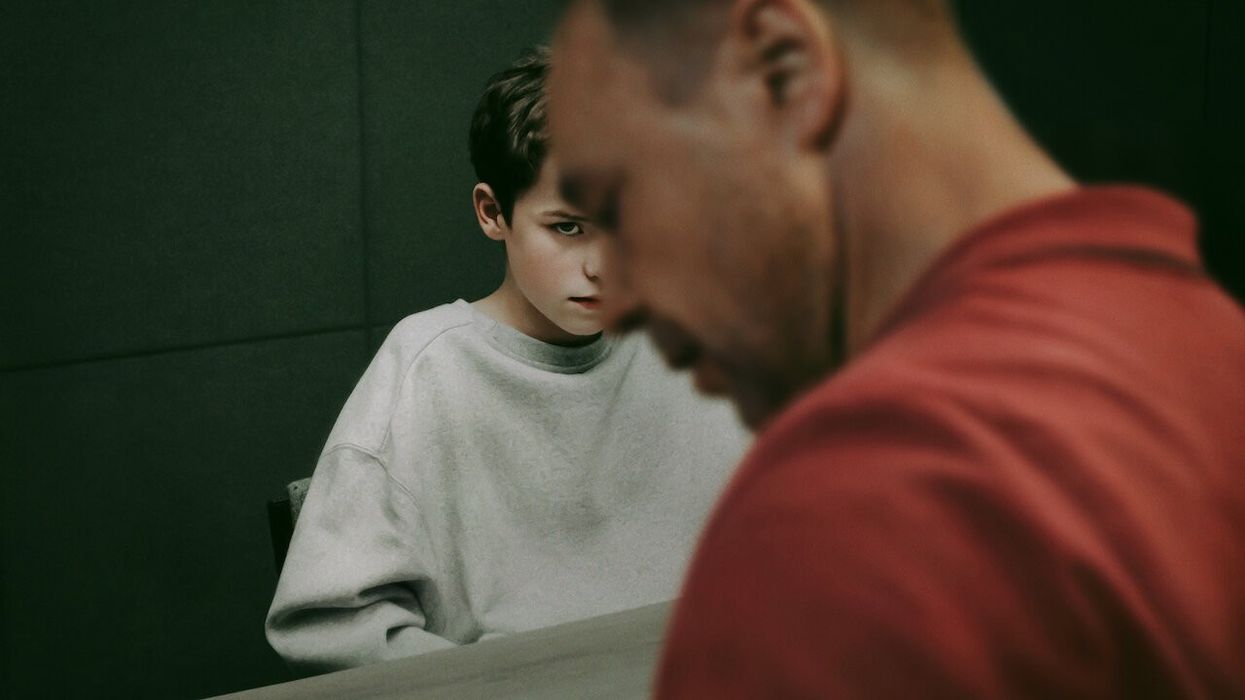Netflix’s latest British drama, Adolescence, has left viewers shaken and for good reason. Released just last week, the four-part series has already shot to the top of the platform’s charts globally. But this isn’t your regular crime show; it’s a raw, disturbing exploration of male violence, social media influence, and the kind of quiet rage that can twist a teenage boy’s life beyond recognition.
The story centres on Jamie Miller, a 13-year-old boy accused of murdering a classmate. Played by newcomer Owen Cooper, Jamie is ripped from his home during a dawn police raid, and the camera never blinks. Shot in a single, continuous take, each hour-long episode drags you through his world without giving you a moment to look away. Director Philip Barantini, of Boiling Point fame, and cinematographer Matt Lewis make sure of that. The effect is claustrophobic, relentless and impossible to forget.
- YouTubeyoutu.be
But Adolescence should be spoken about beyond its technical brilliance. Co-writer Jack Thorne and actor Stephen Graham, who also plays Jamie’s father, set out to confront an uncomfortable truth: boys are being shaped by a toxic online world. Misogyny and violence are everywhere, pushed by influencers more dangerous than the ones who grab headlines. Thorne says the show isn’t about Andrew Tate, even if his name pops up briefly. “It’s about something far bigger,” he explains. “Kids are getting drawn into darker places we don’t even fully understand.”
Stephen Graham’s inspiration for the series came after reading two separate news stories about boys stabbing girls. “It broke my heart,” he says. “I just kept asking, ‘Why is this happening?’” Adolescence doesn’t offer neat answers. Instead, it forces us to look at male rage head-on.

The acting is extraordinary. While Graham delivers as always, it’s Owen Cooper who actually steals the show. His portrayal of Jamie swings from childlike fear to simmering anger without missing a beat. Critics are calling his performance “astonishing” and predicting big things while he’s already landed a role in Wuthering Heights opposite Margot Robbie.
What makes Adolescence hit even harder is its refusal to preach. As Erin Doherty, who plays a child psychologist in the series, puts it: “It’s not here to fix anything. It just wants us to talk about it.”
And talk, we should.





